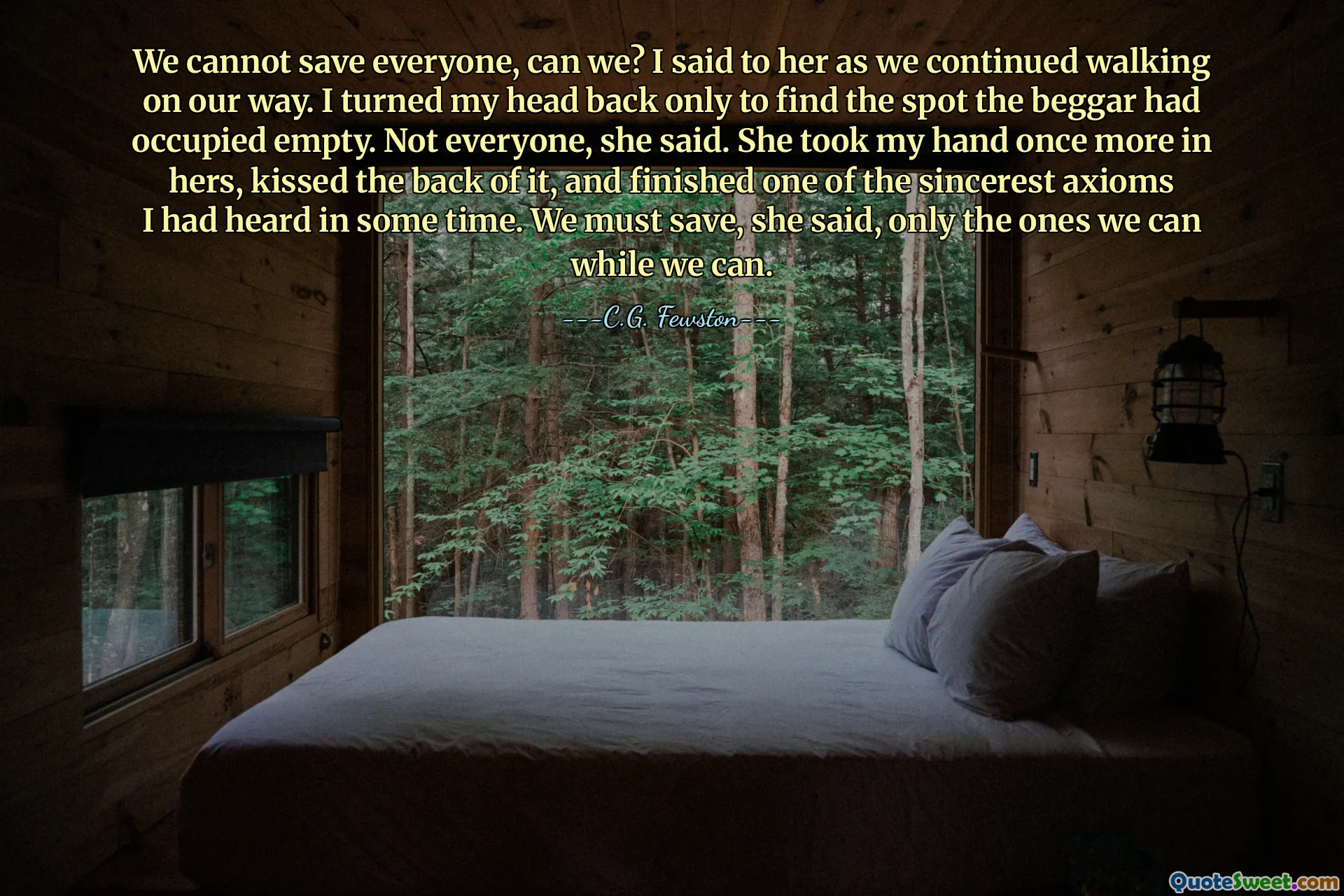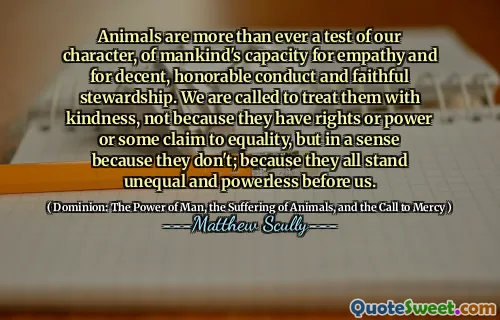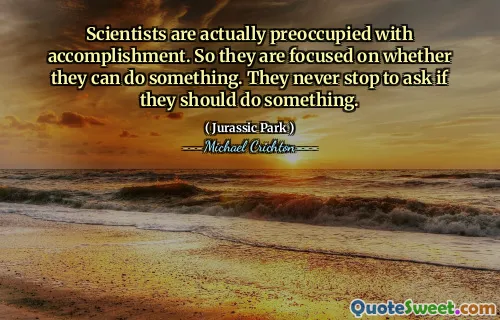
We cannot save everyone, can we? I said to her as we continued walking on our way. I turned my head back only to find the spot the beggar had occupied empty. Not everyone, she said. She took my hand once more in hers, kissed the back of it, and finished one of the sincerest axioms I had heard in some time. We must save, she said, only the ones we can while we can.
This quote explores the profound ethical dilemma of prioritization in compassion and charity. It recognizes the harsh reality that human resources—time, energy, and emotional capacity—are limited, compelling us to make difficult choices about whom to help. The initial question, "We cannot save everyone, can we?" reveals the speaker's internal conflict—perhaps guilt or helplessness in the face of widespread suffering. The absence of the beggar symbolizes how fleeting opportunities for kindness can be; they can vanish before we act. Her response, "Not everyone," highlights a pragmatic acceptance, but the subsequent gesture—taking his hand and kissing it—signals a deep empathy and affirmation of the importance of meaningful help. It suggests that while we may be unable to save all, the impact of our efforts, however small, remains significant when focused on those who truly need it the most. The advice to







